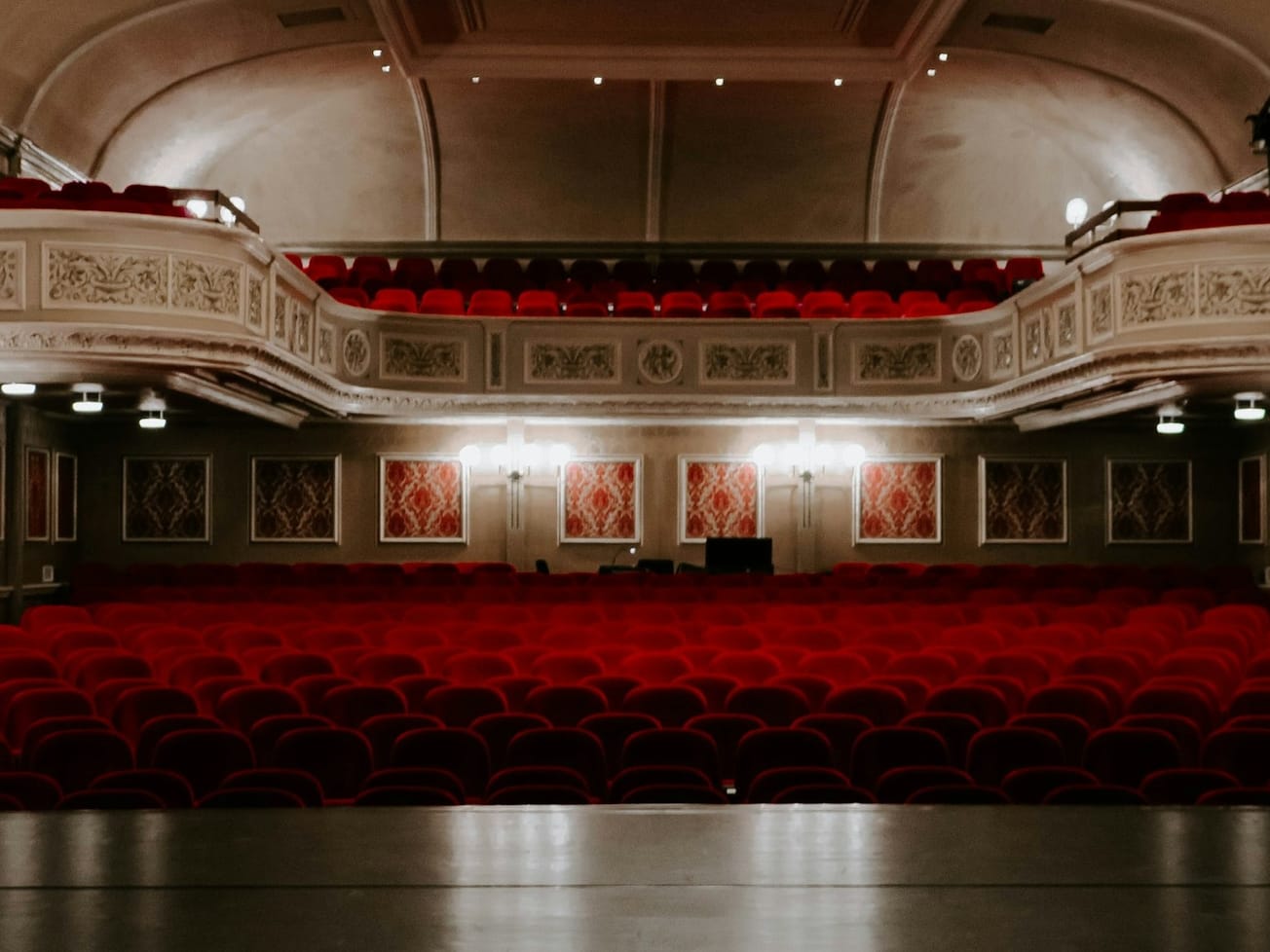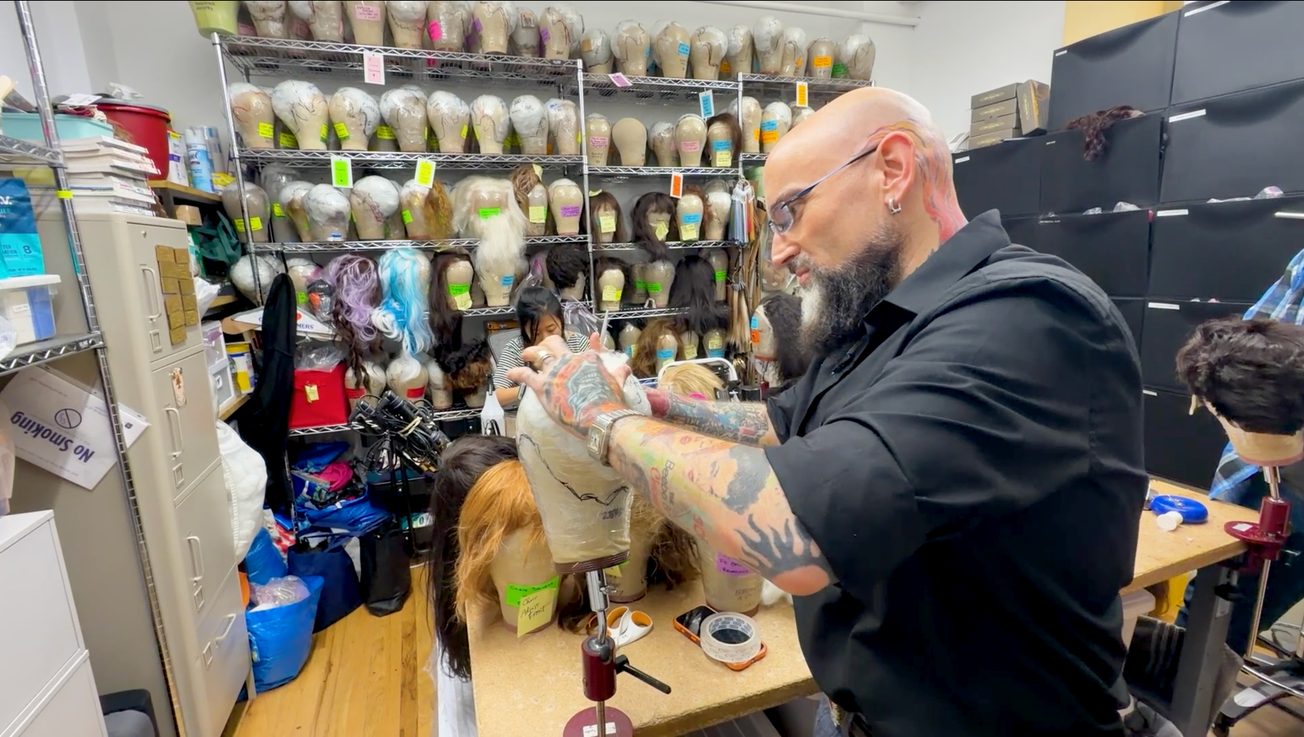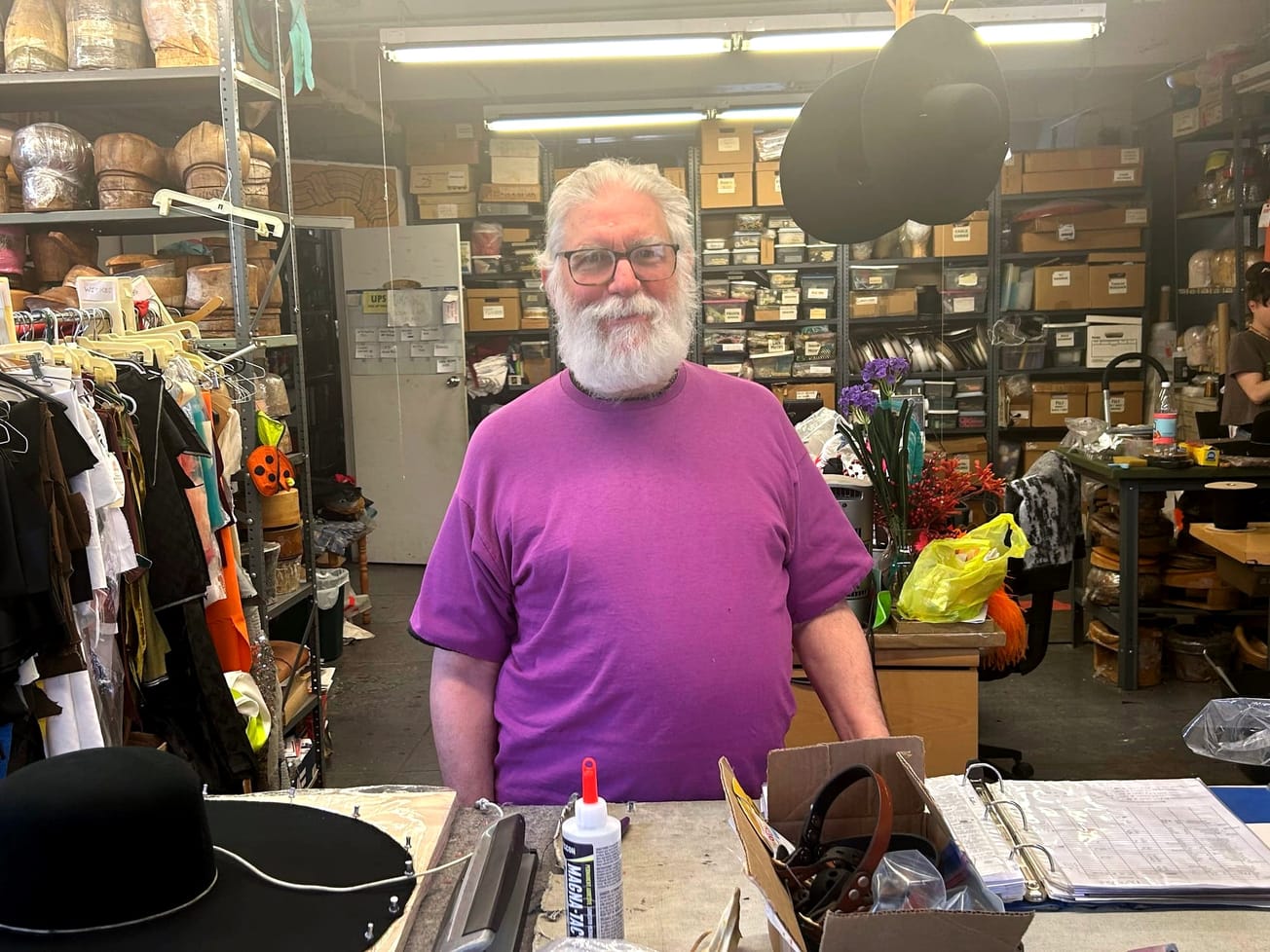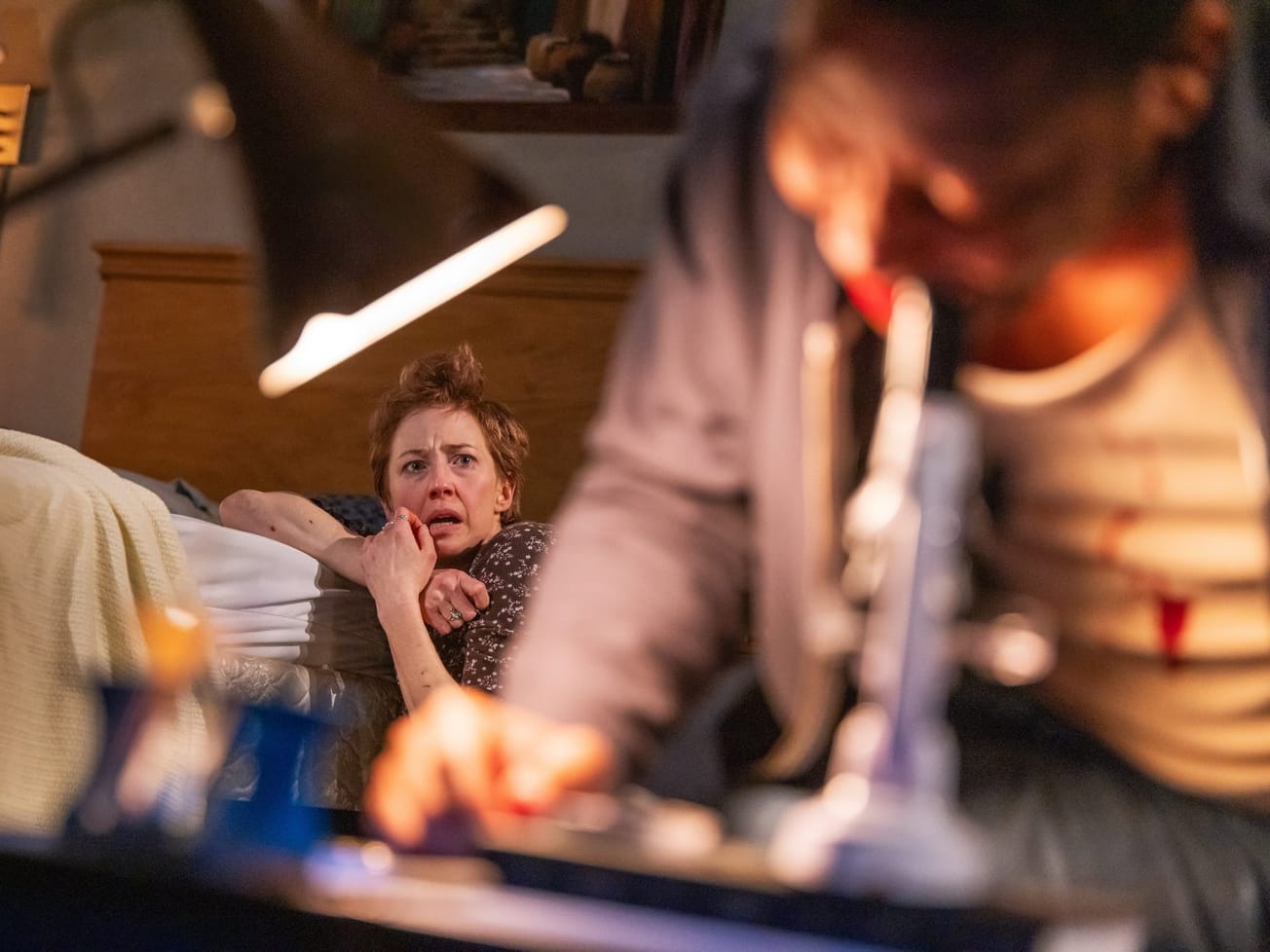Newly released data examines the intersection of artificial intelligence (AI) and performing arts organizations that falls under the umbrella of the League of Resident Theatres (LORT). The report “The Digital Invisibility Crisis in American Regional Theatre” assigns a first-of-its-kind diagnostic score dubbed Digital Intelligence and Vulnerability Assessment (DIVA) to various LORT theaters.
The DIVA score, among other assessments, helps determine how visible a theater’s website is to AI-focused platforms such as ChatGPT, Perplexity or Google AI. The study cites that 60% of transactions and 78% of donations for arts organizations occur online, and argues that it is thus critical that LORT theaters, especially in post-pandemic recovery, to heed attention to their websites’ digital readiness for AI-powered search engines and that traditional web analytics move toward obsolescence.
Compiled, analyzed and authored by Jeffery Keilholtz, who most recently served as senior vice president of marketing for Broadway Licensing Global, this analysis includes the four nonprofit entities that produce on Broadway: Lincoln Center Theater (LCT), Manhattan Theatre Club (MTC), Roundabout Theatre Company and Second Stage Theater.
“The Digital Invisibility Crises” evaluated all 81 venues currently within the scope of LORT, collecting data using Google’s official application programming interface (API), subscription technology, proprietary AI technology and manual assessment. The data was compiled in real-time from July 21 through July 23, and then again on Aug. 11, with the Aug. 11 scoring reflected in this analysis. Using 180 performance signals across three categories, Google Legacy search engine optimization, AI vulnerability and AI readiness, each theater received a DIVA score (ranging from 0% to 100%) as well as individualized recommendations for improvement.
The research indicates that LORT organizations are not positioned well for prime AI discovery.
The highest score in the AI readiness category (which measures how well a website is structured for AI tools to read and understand its content) was 35%, which was earned by Brooklyn’s Theatre for a New Audience. The Broadway nonprofit with the highest AI readiness rating was LCT, which earned 33%. The lowest AI readiness score was 15.2%, which was earned by Indiana Repertory Theatre.
For context, the analysis offers how well these same theaters’ websites are primed for a traditional web search (Google Legacy). In this case, Geva Theater of Rochester earned the highest score (69.2). Among the Main Stem organizations, Roundabout had the highest Google Legacy score (67.1).
Stepping back and taking a bird’s-eye view, the range of overall DIVA score stretched from a low of 37.9 (earned by MTC) to a high of 50.9 (Geva Theatre Center, one of only two organizations to break the 50% overall DIVA benchmark). Beyond the aforementioned MTC, Broadway’s other nonprofits received an overall DIVA score as follows: Roundabout (48.9%), LCT (43.5%) and Second Stage (45.5%)
While each venue received its own recommendations, the research offers a slew of general suggestions for LORT venues to improve its DIVA score. These ideas include assessing website security settings to ensure AI agents can have proper access, and rethinking your website’s in terms of data, not design, or, rather, ensuring content is structured for AI agents in addition to human users.
Keilholtz’s summary can be found here, and the full “Digital Invisibility Crisis” can be found here.


























































